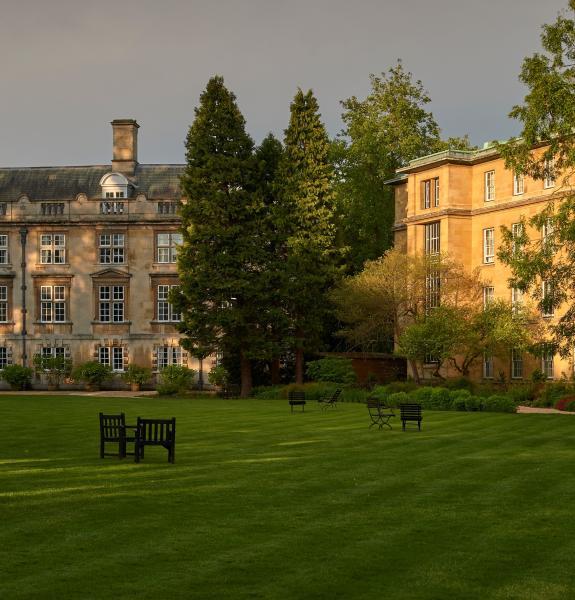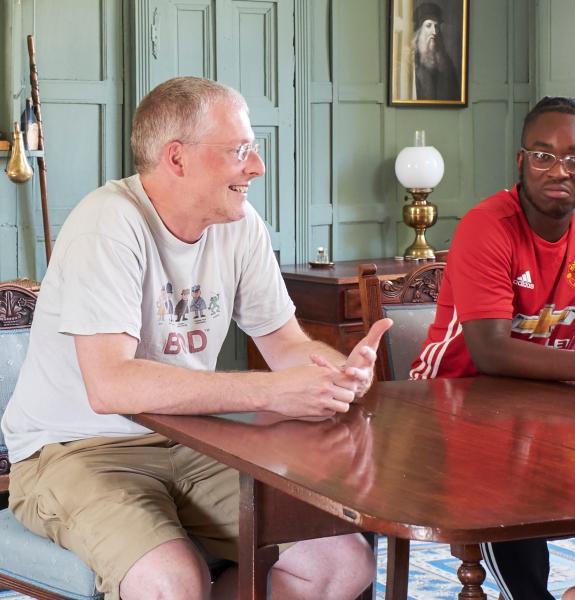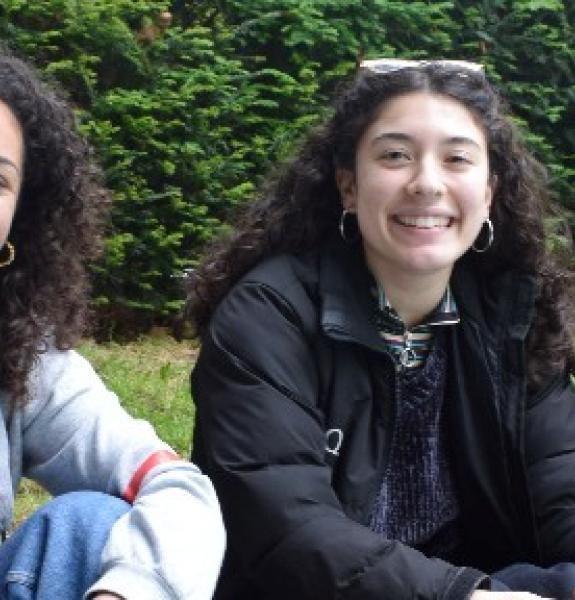When thinking about applying to university, the most important factor should be finding a course you love. This page is designed to help you think carefully about what you might choose to study whether you already have particular courses in mind as well as if you have no idea where to begin!
Choosing a university course is a big decision, not least because you will spend at least three years studying it. Whilst your choice of degree might provide some steer as to the direction of future potential careers, remember that whatever you choose, you will develop a range of transferable skills that employers will want, and that there are many more options than you might think ahead of you.
Some courses are tied to more vocational careers, such as Medicine, Veterinary Medicine (NB this subject is not offered at Christ's!), or Engineering, and if you're keen to work in these fields then you should plan to study these at university. However, most jobs don't actually require you to have studied a specific subject! Even fields such as law, accounting and finance, working in government, banking or journalism don't need you to have studied directly-related subjects at university.
Importantly, whilst it can be helpful to have an idea of the kind of field(s) you might like to work in in future, you don't need to know now. Graduates from Cambridge are highly employable no matter what degree they have chosen, and a range of career options will be open to you regardless!
On this page:
Which subjects do you enjoy?
Thinking about the subjects you currently study, which ones do you most enjoy? Alternatively, is there anything you don't get to do at school that you enjoy? Choosing something you have a genuine interest will better motivate you in your studies, and you'll likely find you get much more out of your academic studies too if you're passionate about learning more.
If you're interested in how the brain works, you could consider both Psychological and Behavioural Sciences as well as the Natural Sciences course in which you could specialise in neuroscience. Or if you find ancient civilisations fascinating, you might consider the opportunity to study Ancient Egypt and Ancient Mesopotamia in the Archaeology course, or the Greeks and Romans through Classics (including a 4-year course for those who have not had the opportunity to study Latin) - both of which don't require specific subjects at school either.
Do note that some courses will, especially though not only in the areas of sciences and mathematics, want specific subjects! Make sure you have researched university course entry requirements and pick appropriate subjects for A-Levels, the International Baccalaureate, Highers/Advanced Highers or other qualifications for the course(s) you're thinking about. See here for more advice on choosing high school subjects, or if you're studying for GCSEs, National 5s or equivalent join one of our Subject Matters webinars on this topic!
Which subjects do you do well in?
Subjects you have a particular talent for might be an option to consider - it's likely you may do well in that subject at university. That said, being good at something doesn't mean you enjoy it, or enjoy it as much as others that you might find more of a challenge. You should ask yourself if that would be something you could see yourself studying, especially if that was the only area you were studying rather than in combination with other subjects like you might at school (or, if it was taught by a different teacher!).
You might also excel in things outside of formal school studies! If you like to follow politics, culture, and international relations then the Human, Social and Political Sciences course could be something to consider. Or, if you are curious about how things work and building (or taking apart!) things, Engineering might suit you.
Have you considered alternative or related options?
Lots of courses at university have titles that might not make it super clear as to what that course contains. Many courses are also interdisciplinary, meaning they encompass a wide range of subjects and interests, and there are also a range of courses that don't have specific required subjects too!
You'll often find a section of a university course webpage with 'suggested' or 'related' courses, which you should also consider. They are suggested as there will be some overlap or relation between that and the course you're looking at. You may be pleasantly surprised to find something you hadn't considered or heard about before may in fact better suit you and your interests.
Thinking about Law or Economics? Then you should check out the Land Economy course at Cambridge, which combines disciplines as well as relating to areas of geography, finance and real estate. Interested in History? There are also options to combine it with Politics or a Modern Language. Working in the medical field is not confined to those who train to be doctors - you can contribute to medical research through other routes in the sciences too such as Natural Sciences, which is a hugely flexible course with wide-ranging specialisation options. Those looking toward sustainability might consider either of Chemical Engineering & Biotechnology or Design. Perhaps you are passionate about social issues and education - as well as sociology through Human, Social and Political Sciences, you may be interested in our Education course. Or if your curiousities lie in philosophy, culture, literature and language, then consider Linguistics, Classics or Modern and Medieval Languages.
You can see which Cambridge courses might cover your areas of interest through the course search A-Z page here.
There are many degrees at Cambridge that don't require specific subjects - you can read about starting something completely new here!
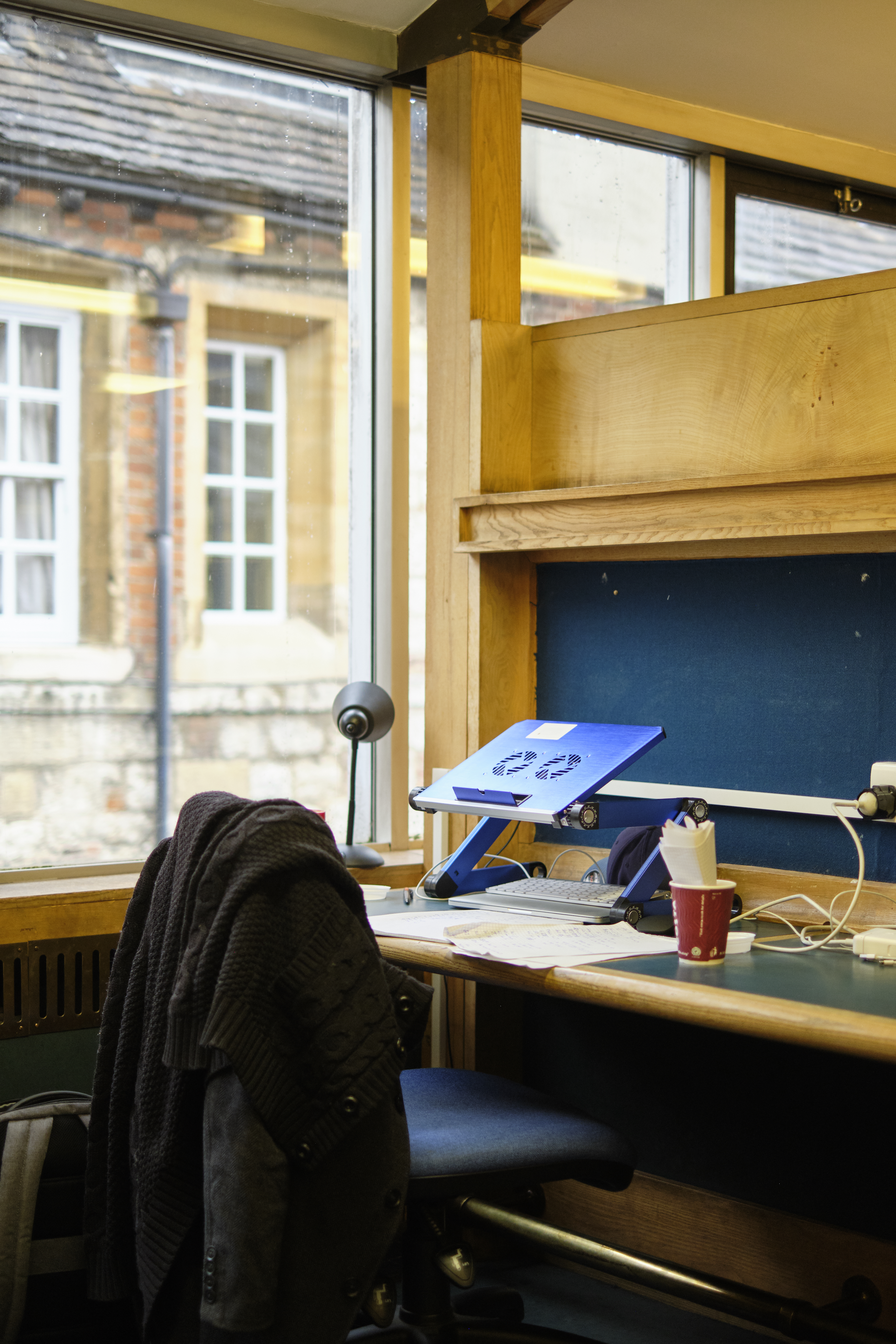
Ultimately going to university is going to be at least three years of your life - and the person doing all of that work and studying is you, not anyone else. Therefore your decision should be based on what you want to do, and you shouldn't feel pressured by others such as parents, carers or teachers, into doing something less enjoyable or that doesn't match your interests. University is also a fantastic time to meet a lot of new people - familiarity in terms of place or knowing lots of others going to the same university can be comforting, but shouldn't compromise studying a course that excites you if it's somewhere new.
You should also avoid trying to pick a course that you think will get you a job with the highest earning potential, including focussing solely on STEM subjects or those you can already associate with a job. Many sectors will hire people who have studied a wide range of university degrees - different degrees will develop different skills, and having variety in the ways that people approach problems and tasks is highly valuable to employers. The job market is also always changing and it can be hard to predict what might be in demand in 5-10 years time - therefore thinking about the skills you can acquire and transfer across a range of sectors will give you additional flexibility in the future. It's a lot less common now for people to work in the same job, field or company for their entire working life! You might like to check out some of the following reports on the importance of Arts, Humanities and Social Sciences:
- The Value of Humanities from the University of Oxford
- Qualified for the Future from London Economics
Plus, university study is different to school and about so much more than employability or future jobs (though it can of course contribute towards your future career). It is a fantastic opportunity to broaden your mind, really delve into your areas of interest, develop your ability to think critically and independently, and is key time for personal development both academically and socially.
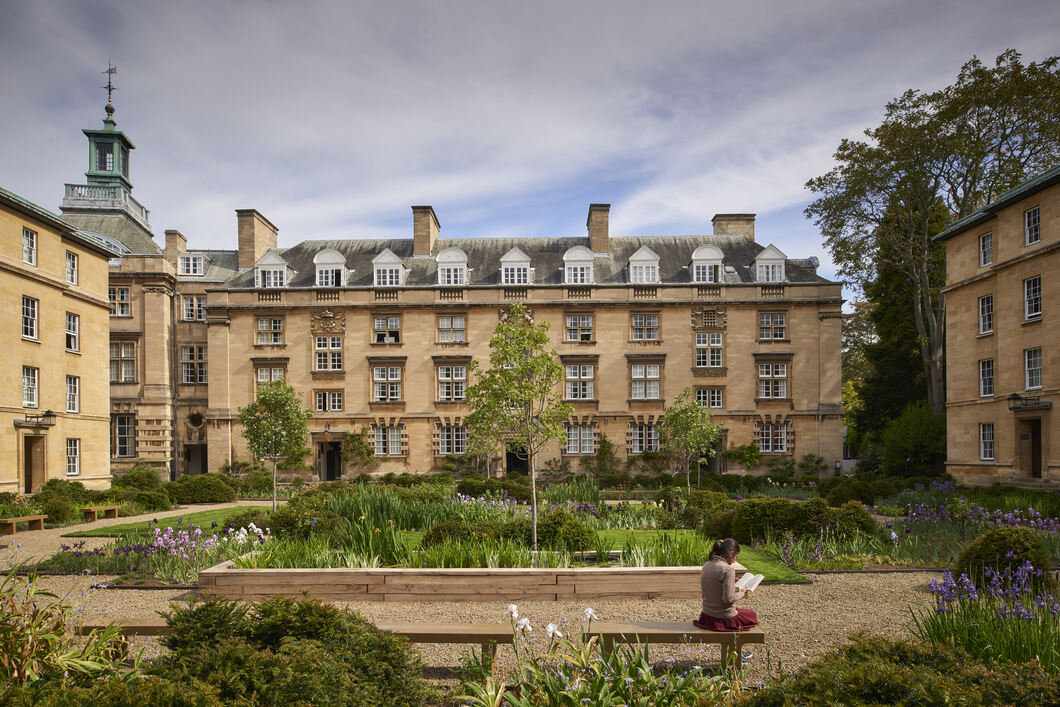
If you haven't already, pick a few different universities and have a look at the courses they offer, and what some specific courses would enable you to study, or require for entry. It's never too early!
One of the really important things to do when thinking about possible courses is to explore your subject interests - we call these supercurricular activities. These are things you do outside of school - reading, listening to a podcast, visiting somewhere, maybe a research project, attending a lecture - to learn more about anything that interests you! This might be something you learned at school that you'd like to know more about, or it could be something new that isn't taught at school.
Lots of activities count, though you'll also often hear the term 'wider reading' - this doesn't only mean actual reading, but anything else too that helps you to be curious about your subject. Doing these activities will help you to work out what you really enjoy, as well as a way to see to if a university course might be right for you. If you look at the content of a university course and perhaps don't quite understand or want to know more about a certain topic it offers, why not find an introductory book or lecture on it? If you like it, you might like to then do some further research. Equally, it might also tell you it's not for you - that's OK too!
If you already know what your interests are, then these activities also help to expand your knowledge of the subject and develop subject-relevant skills, which you can then include in university applications as well as generally preparing you for future academic study.
Especially if you've started your post-16 studies (e.g. you're doing A-Levels, International Baccalaureate, Highers or equivalent) then you should be aiming to do 1-2 hours a week of this kind of exploration. And it should be enjoyable!
Supercurriculars are different to extra-curricular activities: those you also do outside of school, but these are not academic in nature or not related to what you might like to study like supercurriculars are. If you apply to Cambridge, we're interested in your supercurricular activities, not extracurricular.
Other webpages you might like to look at include:
- Read our exploring courses section for more advice on courses relating to different subject areas
- Informed Choices website - this provides suggested university courses based on different combinations of subjects. Remember that required subjects at A-Level/IB/Highers/Advanced Highers will vary between universities even if the course has the same name, so you'll need to check specific universities to be sure of those requirements.
- Career Pilot - you can start with a particular job, a subject or your values
- UCAS - enter any subject and it will show you all the universities and courses offering something on or including this. From there you can also see what the entry requirements/required subjects might be, if any. There are also lots of guides whether about specific subjects, careers, or applying to university generally.
- If you're planning to apply to university this October, join one of our Personal Statements and Preparing to Apply webinars covering supercurricular activities and the personal statement. There's two every month throughout the summer. See all of our regular webinars here.


